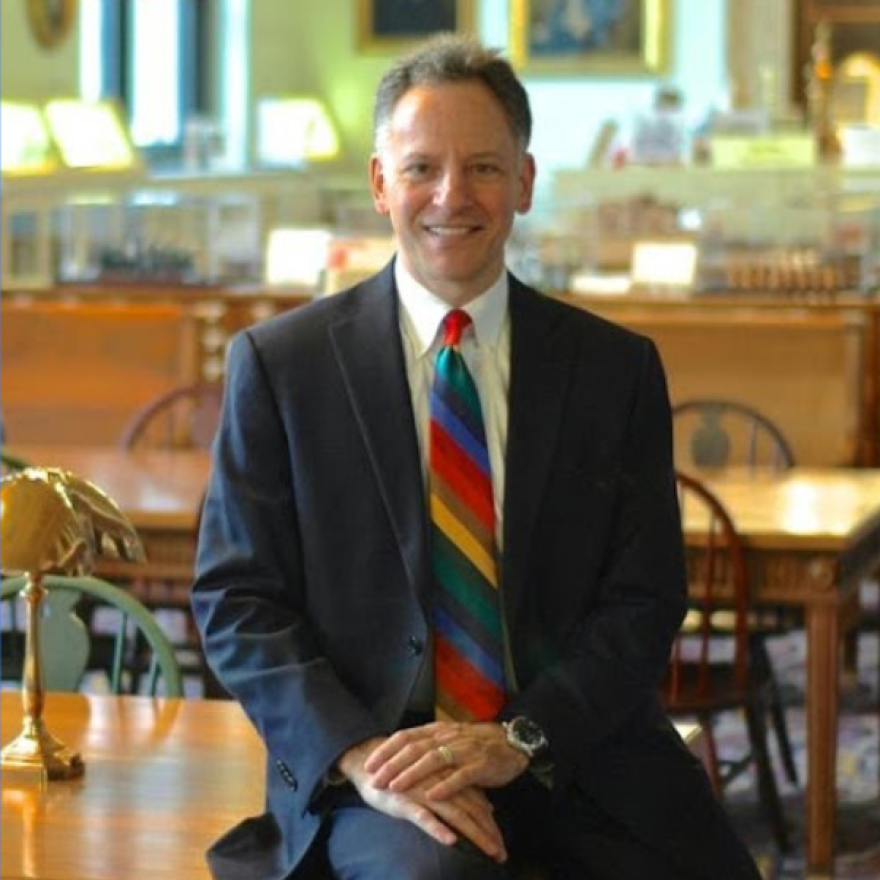The Cleveland lawyer appointed as special master to investigate the recordings of attorney-client conversations and meetings at the pretrial detention center in Leavenworth has extensive experience as a neutral third-party.
U.S. District Judge Julie Robinson named David R. Cohen as special master, or a third-party expert, to examine the audio and video recordings and determine whether inmates’ constitutional rights were violated.
The discovery that the private operator of the center, Corrections Corporation of America (CCA), had made the recordings and turned them over to federal prosecutors created an uproar among criminal defense attorneys and has raised questions about whether CCA has recorded attorney-client meetings at its other facilities. The company manages 85 prisons and jails for federal, state and local governments nationwide, according to information on its website.
Disclosure of the recordings emerged in a massive criminal case alleging that inmates, correction officers and others conspired to smuggle drugs and contraband into the detention center, which holds prisoners awaiting trial.
In her order appointing Cohen, Robinson left open the possibility that she will ask him to determine whether any other protected communications were obtained by the government and, if so, how it obtained them. For now, however, she has chosen to limit his duties to the feasibility of isolating the privileged information, excising and retaining it, and providing the government and defense attorneys in the case with the remaining materials.
Cohen, 57, is a Cleveland native and graduate of Case Western Reserve University School of Law. Unusual among private attorneys, he confines his practice exclusively to serving as an arbitrator, mediator or special master. Special masters work for the judge and are typically appointed in complex civil cases such as mass tort, antitrust and patent litigation.
In a telephone interview Thursday, Cohen said he has served as special master in about 20 different cases over a dozen years for 15 different federal judges, including U.S. District Judge Kathryn H. Vratil in Kansas City, Kansas.
“I don’t represent plaintiffs, I don’t represent defendants,” he said. “All I do is help judges with their complicated cases.”
Cohen said this is the first time he has been appointed special master in a criminal case.
Before launching his practice, Cohen was a career federal law clerk, first clerking for a federal trial judge in Cleveland and later for another federal trial judge there, Kathleen O’Malley. President Obama appointed O’Malley to the U.S. Court of Appeals for the Federal Circuit in 2010.
Cohen said he clerked for O’Malley for 10 years and, while working for her, she oversaw multidistrict litigation (MDL) — complex lawsuits consolidated in one court — over hip and knee implants. The case was ultimately settled for more than $1 billion in 2004.
O’Malley later oversaw another MDL involving allegations by ironworkers that the welding rods they used gave off manganese fumes, a known neurotoxin, and that they weren’t sufficiently warned.
O’Malley told Cohen the case’s complexity required a special master. “And jokingly, I said maybe I should be the special master and she said, ‘Maybe you should,’” Cohen said.
O’Malley appointed Cohen, launching his professional career in dispute resolution.
“I left my government employment and became special master in the case not knowing how long it would last. It ended up being seven or eight years,” he said. “In the meantime, I started picking up other work, other neutral work, and it kind of went from there.”
There are only a handful of other lawyers nationwide whose work consists almost exclusively of serving as special masters. Perhaps the best known is Kenneth Feinberg, who has administered compensation for 9/11 victims, the BP oil spill, the Virginia Tech and Aurora, Colorado, mass shootings, the Boston Marathon bombing and numerous other cases.
Cohen will be charging his standard $500 an hour rate as special master. Robinson has ordered the government to shoulder 100 percent of the costs.
Dan Margolies, editor of the Heartland Health Monitor team, is based at KCUR. You can reach him on Twitter @DanMargolies.






